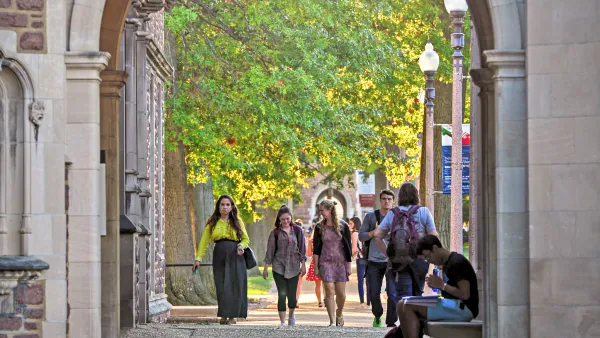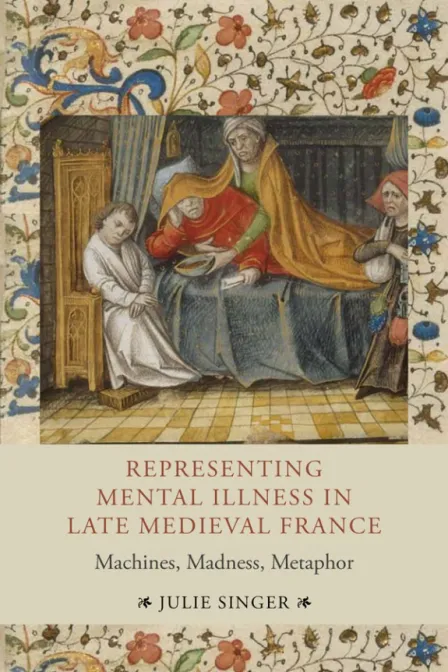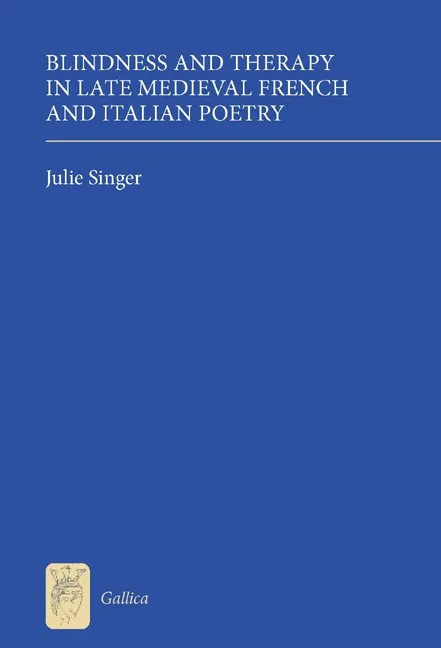Professor Singer’s research focuses on medieval French and Italian literature and culture; particular interests include literature and medicine, the cultural history of science and technology, disability studies, gender studies, and theories of language, sound, and voice.
Professor Singer is the author of Blindness and Therapy in Late Medieval French and Italian Poetry (2011) and Representing Mental Illness in Late Medieval France: Machines, Madness, Metaphor (2018), both published in Boydell and Brewer’s Gallica series. Her current book project explores the uses of fetal and infant speech as an epistemic tool in medieval French literature, law, and philosophy of language: read more about it here, https://humanities.wustl.edu/features/julie-singer-baby-talk-medieval-french-literature. She is also writing a student-oriented Introduction to Disability in Medieval European Literature, under contract with the University Press of Florida.
Professor Singer teaches language and literature courses on a broad range of topics. Her undergraduate and graduate seminars have included courses about the cultural memory of Joan of Arc and of Notre-Dame cathedral; intersectional identities in medieval literature; and body and disability in medieval texts. She teaches a number of undergraduate courses housed with the program in Medical Humanities, including “Medical Narratives, Narrative Medicine,” “Contagions,” and “Transplants,” all of which enable an exploration of conceptual and concrete connections between medicine, literature, language, and culture.
Professor Singer is enthusiastically committed to inclusive education, mentoring, and lifelong learning. She has recently completed pedagogical seminars on topics ranging from “Medieval Africa and Africans” to “Teaching with AI,” and is a member of Wash U’s 2023-24 CEILE (Creating Equitable, Inclusive Learning Environments) learning community. A trained “Entering Mentoring” facilitator, Professor Singer is passionate about working with students and faculty to improve communication and support.




